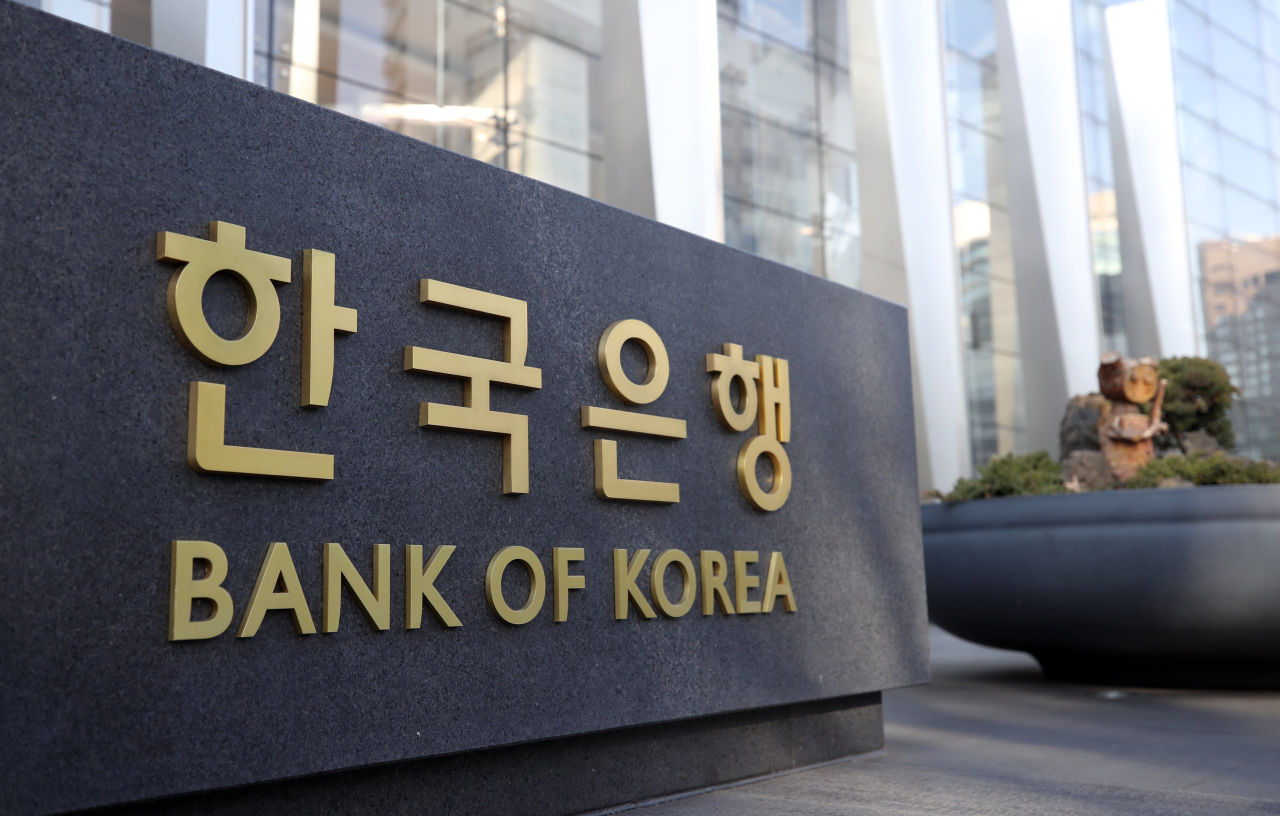 |
Bank of Korea headquarters in central Seoul (Yonhap) |
The coronavirus pandemic is projected to widen economic performance among global economies as well as income classes within a country, a report by South Korea’s central bank said Monday.
“The polarization in economic growth among global economies has been observed between developed and developing nations in how they have been dealing with quarantine measures, their fiscal capacities,” the Bank of Korea said in its regular report on economic issues.
“Economies with strong IT exports have been displaying swifter recovery compared with others,” it added.
COVID-19 has dealt its harshest blow to low-income groups and industries that require face-to-face contact in all economies, the BOK said.
In Korea, for example, the small and medium-sized businesses and the self-employed in the services sector -- including travel businesses, accommodation, restaurants and retail -- have been affected the most by the pandemic. The tech sector, such as information and communication technology businesses, on the other hand, has been using the pandemic as an opportunity for further growth.
On top of that, while the real economy has remained lackluster, the financial market -- most notably the stock market -- has been on a rally, widening the performance gap between the two.
These are signs that could delay an economic recovery and worsen economic sentiment in the short term. The job market may not be able to recover alongside the overall economy.
The long-term effects include worsened economic inequality and polarization due to the changes in the economic system that COVID-19 has brought.
The pandemic, which has been leaving a larger footprint compared to other previous crises, could leave some long-lasting scars and permanently damage areas of the global economy, the BOK said. It could be a premise for the great divide of the global economy.
The gap between the economic growth of developing and developed nations is projected to widen, the BOK said, citing an International Monetary Fund forecast released in October. The accumulated growth forecast of emerging economies between 2020 and 2021 – excluding China – shed 10 percentage points on-year, while the corresponding figure for developed countries dropped by 5.5 percentage points in the cited period.
This is in contrast to the 2008 global financial crisis, when developing nations were able to show faster recovery compared to developed economies.
“As a slow recovery of the economy is projected, policymaking focused on areas and income groups most vulnerable to COVID-19 is necessary in the short term,” Park Chang-hyun, a BOK official, said at a briefing tied to the report.
“In the long term, all sectors must get their fair share of the profit deriving from digitalization of the economy,” he added.
By Jung Min-kyung (
mkjung@heraldcorp.com)








